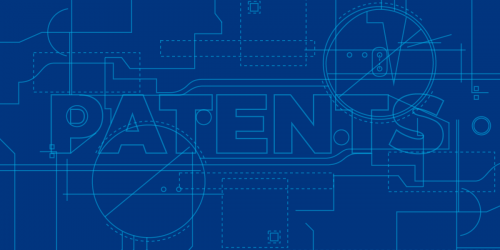In Quanta v. LG Electronics, the Supreme Court has been asked to reaffirm the patent exhaustion doctrine, which entitles consumers to use, repair, or resell patented products that they have purchased. Despite clear Supreme Court precedents supporting the exhaustion doctrine, the Federal Circuit Court of Appeals has broken with this established principle, treating the doctrine as simply a "default rule" that patent owners can evade by attaching conditions to their products.
The issue is of increasing importance to consumers, who often face "single use only" and "not for resale" labels on patented products, interfering with legitimate activities and secondary markets. Lexmark, for example, has used "single use only" labels to limit the market for refilled toner cartridges. Similarly, "not for resale" labels could interfere with second-hand and refurbished product sales on eBay and Craigslist.
EFF filed an amicus brief on behalf of Consumers Union, EFF, and Public Knowldege, urging the Supreme Court to prohibit patent owners from using patent infringement suits to enforce these kinds of post-sale use restrictions on the products they sell.
On June 9, 2008, the Supreme Court issued a unanimous ruling reaffirming the patent exhaustion doctrine, ruling that LG's patents had been exhausted when patented chipsets were sold to Quanta. For additional analysis, read the Deep Link about the ruling.





